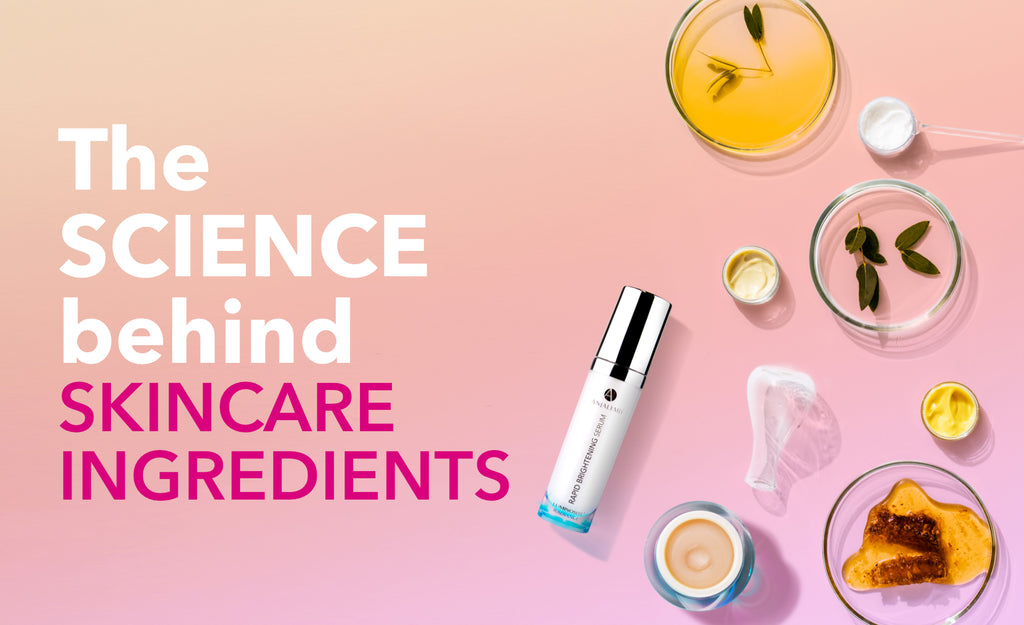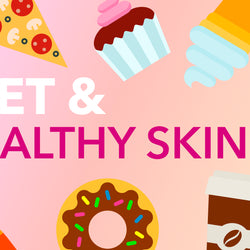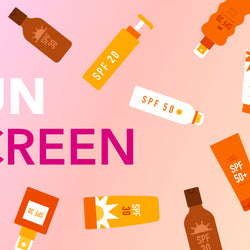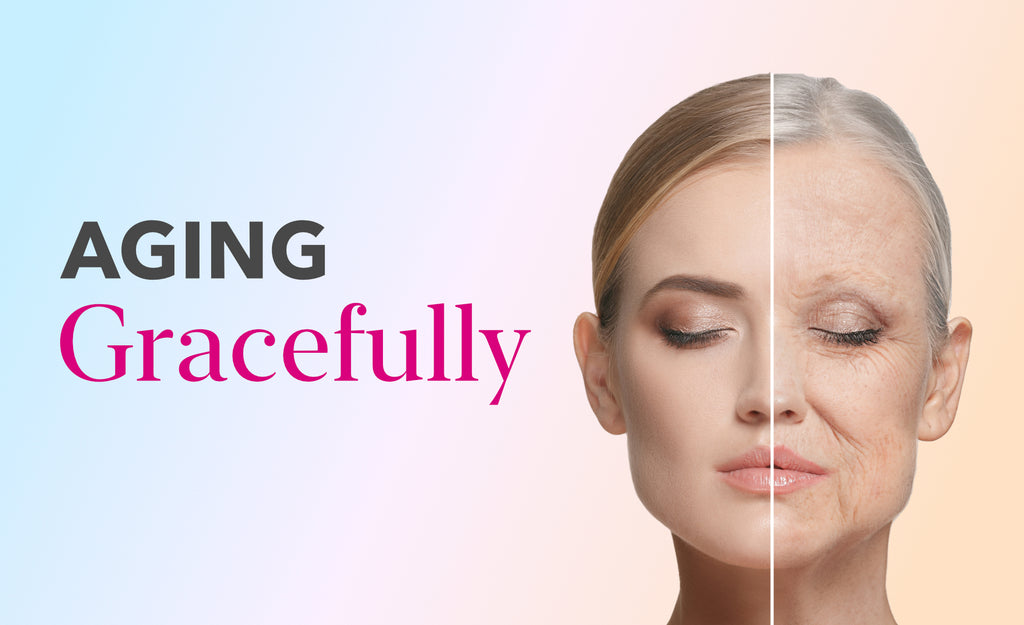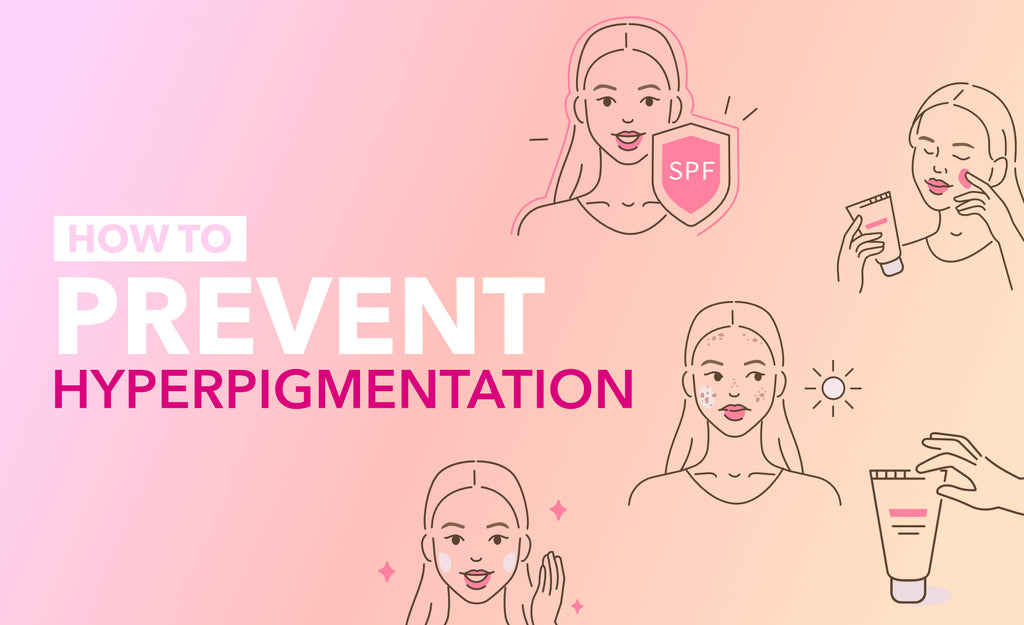How to Combat Acne: Tips for Clearer Skin
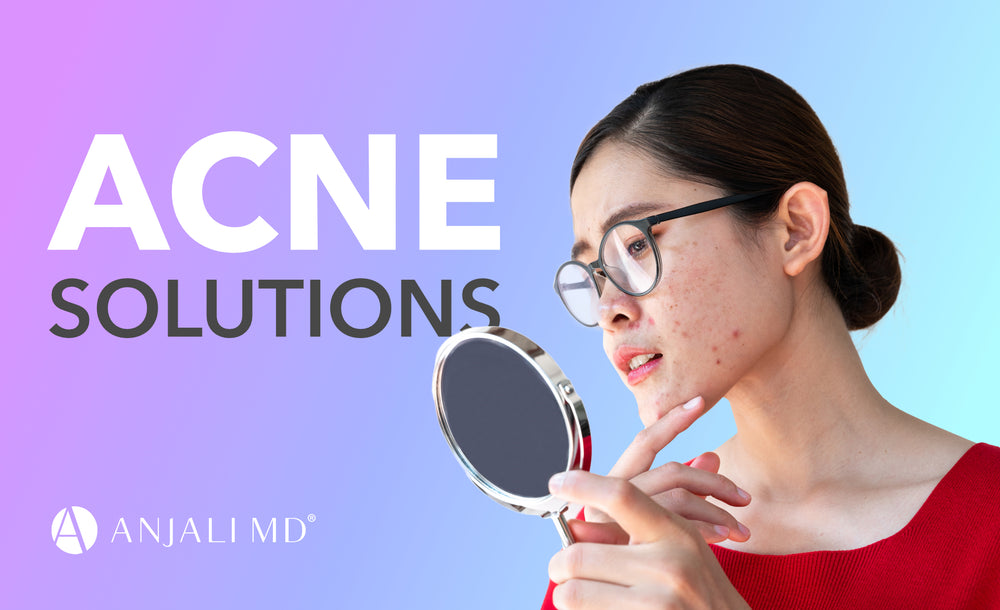
Tips to get rid of acne and get clear skin.
Acne is a common skin condition that affects many people, especially during adolescence. It can persist into adulthood and have a significant impact on one's self-esteem and confidence. If you're struggling with acne, you're not alone.
Fortunately there are steps you can take to combat this skin condition and achieve clear skin. In this article, we'll provide you with some tips and advice on how to treat and prevent acne. From understanding the causes of acne to creating a skincare routine that works for you, we'll cover everything you need to know to combat acne and improve your skin health.
Acne Tips
Develop a consistent skincare routine
Wash your face 1-2 times a day with a gentle cleanser and use a moisturizer that suits your skin type. It is important to be gentle while washing your face as harsh scrubbing can worsen acne.
Use non-comedogenic products
Products labeled non-comedogenic are formulated to not clog pores, which is important for acne-prone skin. This includes makeup, moisturizers, and sunscreen. All of our products are Anjali MD Skincare are non-comedogenic.
Avoid picking at your skin
Picking at acne can cause further irritation and increase the risk of scarring. It's best to leave your skin alone. Let your acne heal on its own or by using topical products or medications.
Manage stress
Stress can trigger acne breakouts so it's important to find ways to manage stress. This can include exercise, meditation or talking to a therapist.
Keep your hair clean
Oily hair can contribute to acne on the forehead and hairline. Keep your hair clean and avoid letting it touch your face. Remember heavy hair products may slowly seep into the skin around your hairline.
Avoid touching your face
Our hands carry a lot of bacteria. Touching your face can transfer bacteria to your skin and worsen acne.
Consider using topical treatments
Over-the-counter topical treatments containing benzoyl peroxide or salicylic acid can help treat mild to moderate acne.
Consult a dermatologist
If you're experiencing severe acne or hormonal acne, it's best to see a dermatologist who can prescribe stronger treatments like oral medications or topical retinoids.
Watch your diet
Some studies have suggested that diets high in dairy, sugar and saturated fat may contribute to acne breakouts. Although this is not a universal truth, it is recommended to monitor how your skin reacts to certain foods and adjust your diet if foods are contributing to your acne. It’s always a good idea to eat a balanced diet with plenty of fruits, vegetables, and whole grains for your skin and overall health.
Get enough sleep
Lack of sleep can cause stress and inflammation, which can contribute to acne breakouts. Aim for 7-8 hours of sleep each night to help keep your skin clear.
Teen Acne vs. Adult Acne
It’s important to recognize the differences between teen acne and adult acne. I consider these two distinct skin conditions. That is why we offer different products for Teen Acne and Adult Acne at ANJALI MD Skincare.
Teen acne and adult acne differ in several ways. Teen acne is typically caused by significant hormonal changes during puberty, while adult acne is often related to stress, monthly fluctuations in hormones and lifestyle factors such as diet and skincare routine.
Teen acne tends to affect the T-zone of the face (forehead, nose, and chin), the chest and the back. Adult acne occurs primarily on the face, especially on the jawline and chin.
Teen acne usually consists of whiteheads, blackheads and inflamed pimples, while adult acne can include deeper, cystic acne. Adult acne can also be triggered by certain underlying medical conditions.








